Ecology
Ecology is the scientific study of the relations that living organisms have with respect to each other and their natural environment. Variables of interest to ecologists include the composition distribution among biomass number and changing states of organisms within and among ecosystems. Ecosystems are hierarchical systems that are organized into a graded series of regularly interacting and semi independent parts e.g. species that aggregate into higher orders of complex integrated wholes e.g. communities. The biological organization of life self organizes into layers of emergent whole systems that functions according to no reducible properties. This means that higher order patterns of a whole functional system such as an ecosystem cannot be predicted or understood by a simple summation of the parts. New properties emerge because the components interact not because the basic nature of the components is changed. Ecosystems create biophysical feedback mechanisms between living biotic and nonliving a biotic components of the planet that regulates and sustains systems as large as continental climates and global biogeochemical cycles. Ecosystems provide goods and services that sustain human societies and general well being. Eco systems are sustained by biodiversity within them. Biodiversity is the full scale of life and its processes including genes species and ecosystems forming lineages that integrate into a complex and regenerative spatial arrangement of types forms and interactions.
Get it now and save 10%
BECOME A MEMBER

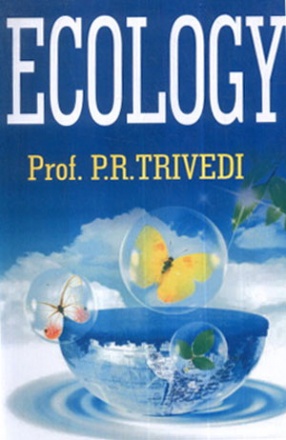


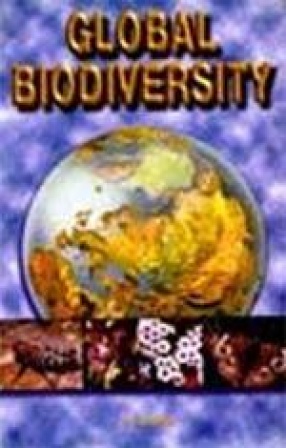
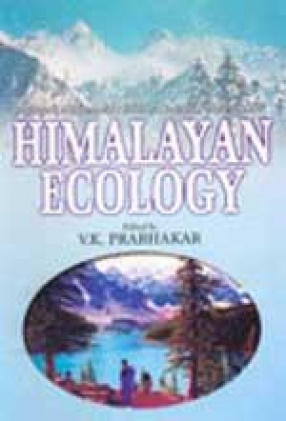
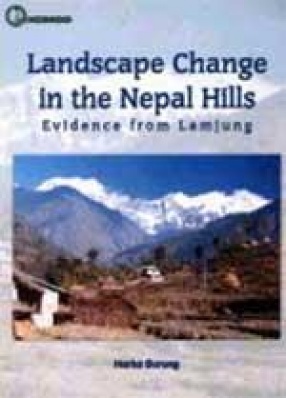
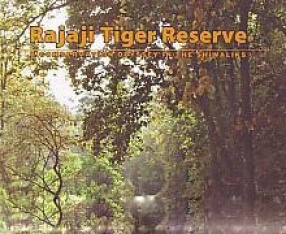
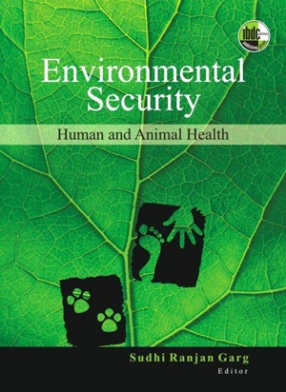

Bibliographic information